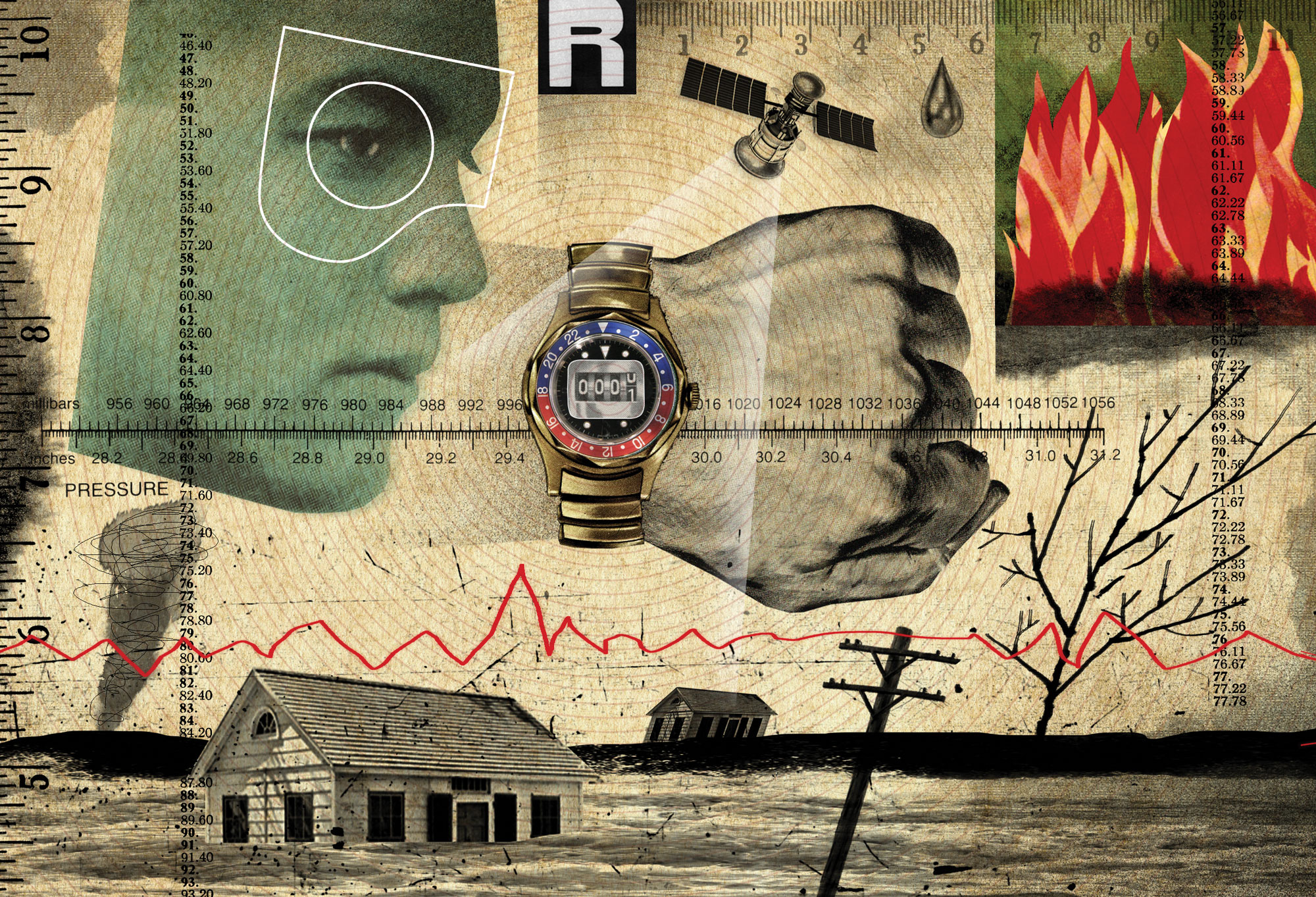

It seems that a day doesn’t go by without another natural disaster striking somewhere around the globe. It’s reassuring to know the University of Washington is a leader in efforts to learn all we can from these disasters: how communities handle them and what can be done to protect the public.
Thanks to $6 million in renewed funding from the National Science Foundation and an additional $1.5 million a year from the National Institutes of Health, the RAPID Facility—a first-of-its-kind center in the College of Engineering—provides natural hazard and disaster researchers with field instruments and other resources to study the effects of events such as wildfires, floods, hurricanes and earthquakes. The facility contains more than 100 unique instruments, including drones and a remote-controlled boat that uses sonar to scan underwater.
“Before RAPID, it was ad hoc, DIY or sometimes BYO [bring your own] equipment to a reconnaissance mission,” says facility director Joseph Wartman, a UW professor in civil and environmental engineering. “The few people who had reconnaissance instruments, such as lidar (a laser-based sensing method), tended to be very overburdened. … They were asked to participate in numerous missions. It didn’t leave space and room for others to join.”
Officially known as the Natural Hazards Reconnaissance Facility, the RAPID facility is a collaboration among the UW, Oregon State University, Virginia Tech and the University of Florida. It opened its doors in 2018 and has transformed how data is gathered, processed and saved in the aftermath of disasters including the 2022 Skykomish wildfires, Hurricane Ian in 2022, and the 2021 Surfside condo collapse in Florida.
“We have everything we need to start making even more significant breakthroughs in years to come,” Wartman says. “I am very optimistic about what will come from the RAPID. Even in the first few months of the renewal [of the NSF grant], I’ve seen exciting uses of data and innovations in reconnaissance.”
With summer and fall bringing wildfire season to the state of Washington, it’s good to know we can count on the UW to help lead the way to keep us safe.